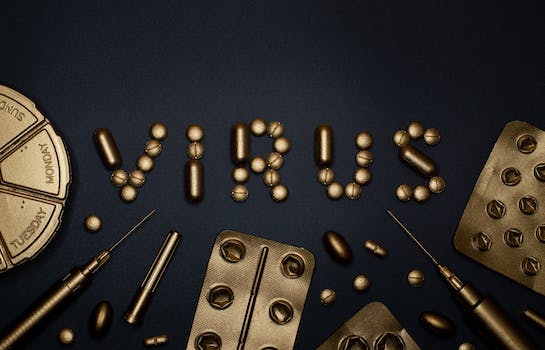
Unraveling the Hidden Connection: Can Vitamin D Deficiency Trigger Hair Loss?
The Unseen Link: Can Vitamin D Deficiency Cause Hair Loss?
The Unseen Link: Can Vitamin D Deficiency Cause Hair Loss?
Understanding Vitamin D: The Sunshine Vitamin
Vitamin D, often called the "sunshine vitamin," plays a crucial role in our overall health. It aids in calcium absorption, supports our immune system, and enables our nerves to transmit messages between the brain and every part of our body. However, its vital role in maintaining our hair health often goes unnoticed.
The Role of Vitamin D in Hair Health
Hair growth occurs in cycles, with each hair follicle alternating between stages of growth and rest. Vitamin D is instrumental in stimulating both new and old hair follicles. A deficiency in this essential nutrient can stunt new hair growth, leading to hair loss.
Research has also revealed a significant correlation between alopecia areata—an autoimmune condition causing bald patches—and Vitamin D deficiency. In this condition, the immune system erroneously attacks hair follicles, leading to hair loss. Vitamin D, with its immune-regulating properties, can help manage this condition.
A deficiency in Vitamin D can also lead to dry, brittle hair. Just as plants need sunlight to stay healthy, your hair requires Vitamin D to maintain its health and vibrancy.
The Causes of Vitamin D Deficiency
For many of us, our lifestyle or geographical location limits our exposure to sunlight, leading to a deficiency in Vitamin D. Consider a typical day: wake up, get ready, eat a quick breakfast, and then off to work or school where most of the day is spent indoors. Once home, it's time for dinner, relaxation, and bed. The question is, where is the time for basking in the glorious sunshine?
Overcoming Vitamin D Deficiency
The easiest way to ensure you're getting enough Vitamin D is to spend time in the sun. About 10-30 minutes of early morning sunlight can do wonders. However, be careful not to overdo it, as excessive sun exposure can lead to skin damage.
Incorporating Vitamin D-rich foods into your diet is another excellent way to combat deficiency. Foods like fatty fish, cheese, egg yolks, and fortified foods like milk and orange juice are great sources. If you're still struggling to get enough, Vitamin D supplements can be a useful option. However, always consult with a healthcare professional before starting any new supplement regimen.
Topical solutions containing Vitamin D or its analogs can also help. But remember, topical solutions can only do so much. The real change comes from within.
Conclusion: The Unseen Link Between Vitamin D Deficiency and Hair Loss
While there are many factors that contribute to hair loss, Vitamin D deficiency is a significant one that often goes unnoticed. It's a silent saboteur, causing damage without you even realizing it. By ensuring you get enough Vitamin D, not only will you potentially reduce hair loss, but you'll also be supporting your overall health.
So, the next time you notice a few extra strands of hair on your pillow or in your brush, don't just brush it off. Consider whether a Vitamin D deficiency could be the unseen link. After all, your hair is a reflection of your health, and it deserves as much care and attention as any other part of your body.
